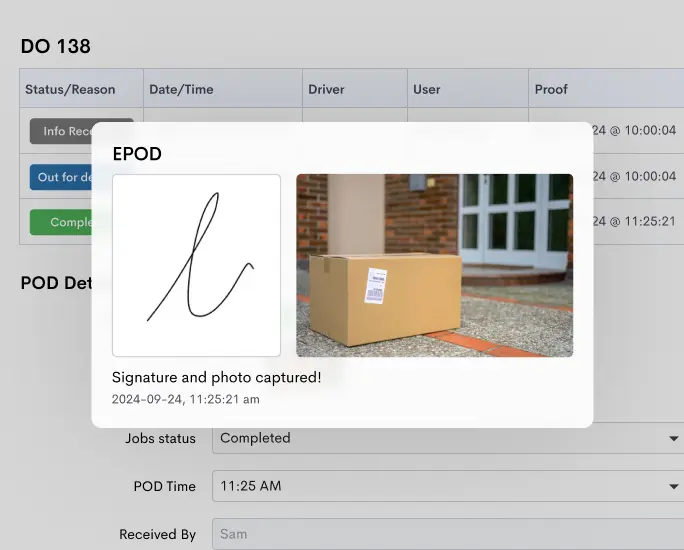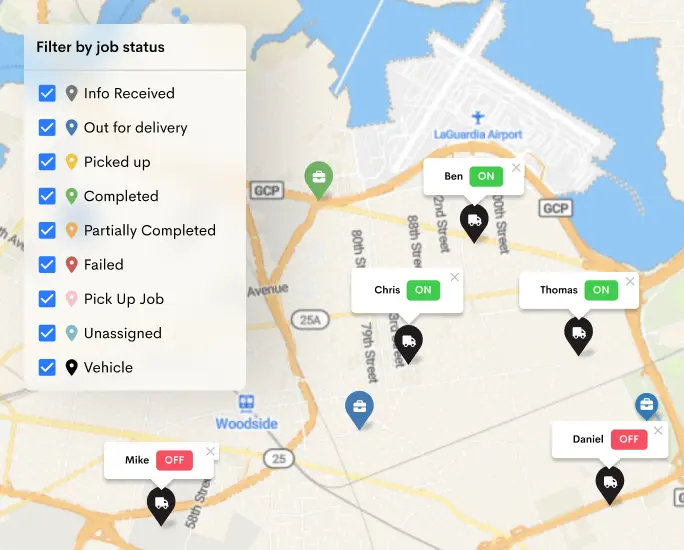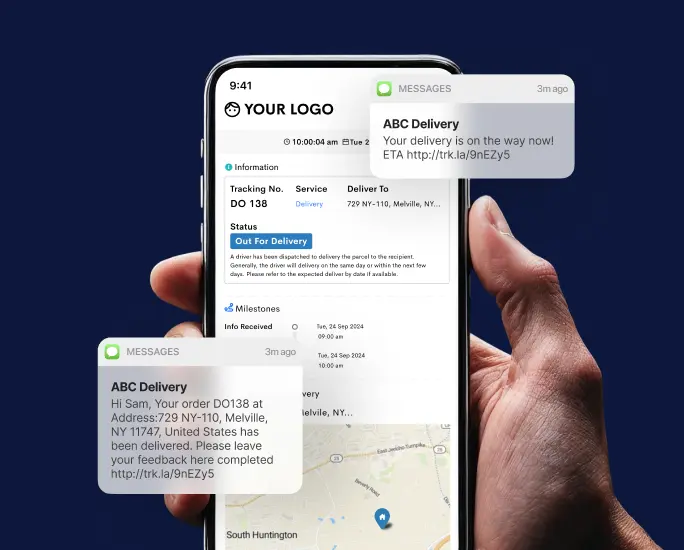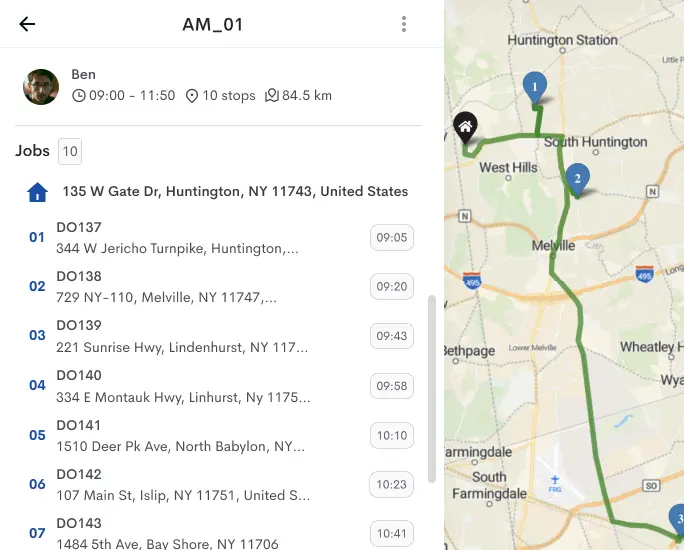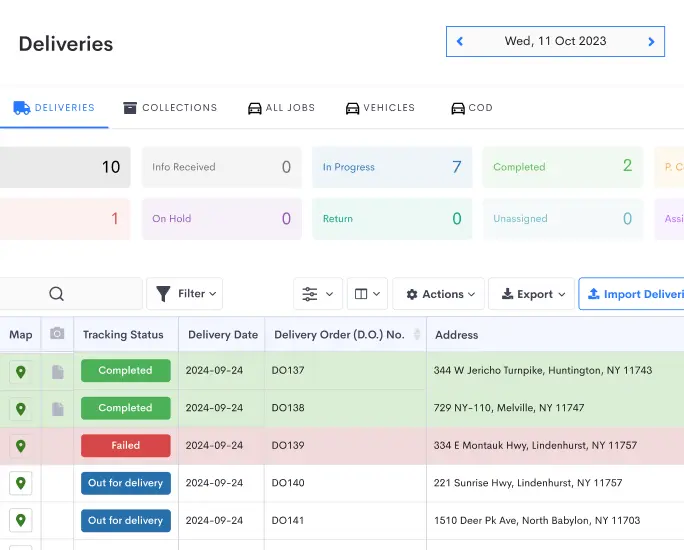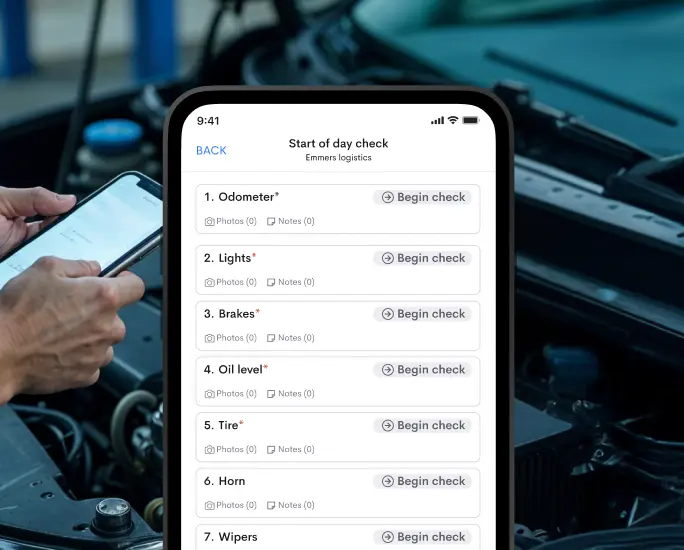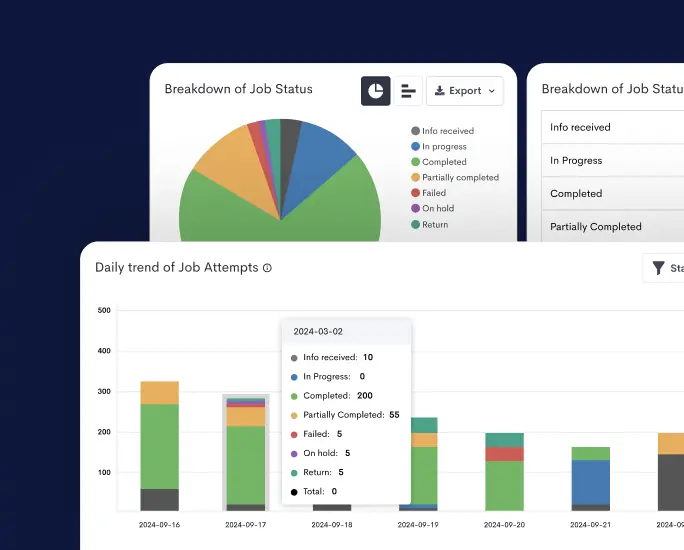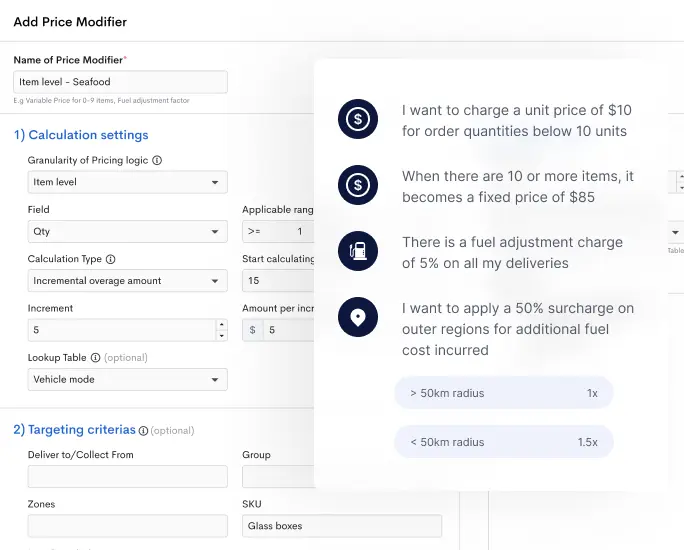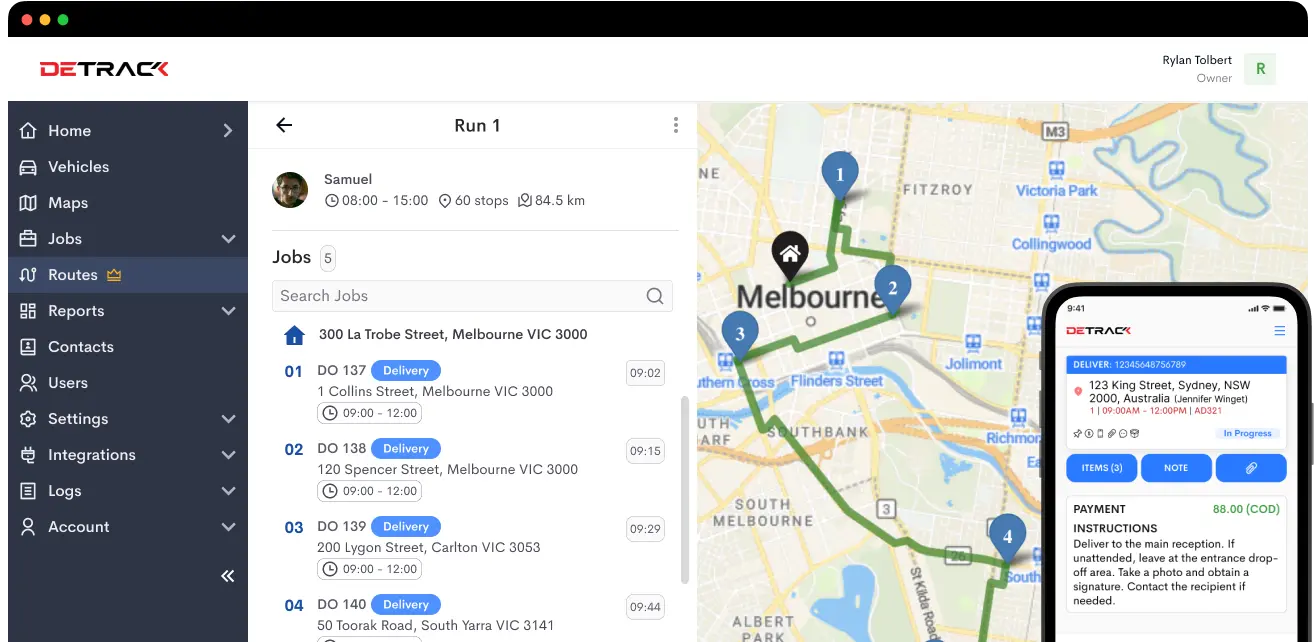The demand for efficient courier services is soaring in today’s fast-paced world, presenting a golden opportunity for aspiring entrepreneurs. Starting a courier business could be ideal if you’re considering stepping into business ownership and have a penchant for logistics.
This guide is your go-to resource for navigating the ins and outs of launching a successful courier business. From understanding the market, carving your niche, setting up operations, and gaining a loyal clientele, we’ve got you covered.
Get ready to kickstart your journey as a courier business owner and make your mark in the dynamic world of deliveries.
What is a courier business?
A courier business is a company or enterprise specializing in transporting and delivering packages, documents, and goods from one location to another.
These businesses play a crucial role in facilitating the movement of items between individuals, businesses, and organizations, ensuring timely and secure deliveries.
Courier services can encompass delivery options, including next-day or same-day deliveries, international shipping, and specialized services such as handling fragile or high-value items.
With the growth of e-commerce and online shopping, courier businesses have become integral to modern commerce by providing efficient and reliable logistics solutions for individual and corporate customers.

Types of courier services
Same-Day Courier Services
These services specialize in delivering packages on the same day they are picked up. They are ideal for urgent deliveries that require immediate attention. Same-day couriers are often used for time-sensitive documents, medical supplies, legal papers, and other critical items.
Target Markets:
- Business-to-Business (B2B): Companies that require rapid movement of important documents, contracts, prototypes, and components within a short timeframe.
- Business-to-Consumer (B2C): Individuals who need quick delivery of goods purchased online, such as groceries, gifts, or other time-sensitive items.
Overnight Courier Services
These services offer next-day delivery, providing a balance between speed and cost-effectiveness. They are widely used for shipments that need to arrive quickly but do not require immediate delivery.
Target Markets:
- B2B: Businesses that need to send documents, samples, or products to clients, partners, or branches in different locations.
- B2C: E-commerce companies offer customers the option of expedited delivery for their online purchases.
Specialty Courier Services
Specialty couriers handle specific types of shipments that require specialized handling or equipment. This can include temperature-sensitive items, fragile goods, hazardous materials, and large or heavy items.
Target Markets:
- B2B: Companies in industries like healthcare, pharmaceuticals, and electronics that need to transport delicate or specialized items.
- B2C: Individuals or businesses requiring transport of items that require extra care, such as artwork, antiques, or medical supplies.
International Courier Services
These services focus on shipping packages and documents across international borders. They manage customs clearance, international regulations, and provide tracking for seamless global deliveries.
Target Markets:
- B2B: Multinational corporations, importers, and exporters conducting business across different countries.
- B2C: Individuals sending gifts, personal belongings, or items purchased from international online stores.
Last-Mile Courier Services
Last-mile couriers specialize in delivering packages from a local distribution center to the recipient’s doorstep, often completing the final leg of the delivery process for larger logistics companies.
Target Markets:
- B2C: E-commerce businesses aiming to provide efficient and reliable doorstep deliveries to their customers.

Challenges to starting a courier service
Competition with established players
Well-established companies with expansive networks and a loyal customer base often dominate the courier industry. These established players have the advantage of brand recognition, extensive resources, and a history of reliable service.
As a new entrant, you must find ways to differentiate yourself. This could involve offering specialized services, focusing on a specific niche market, or providing exceptional customer service that sets you apart.
Capital and investment needs
Launching a courier service requires a substantial upfront investment.
You’ll need to acquire vehicles for transportation, lease or purchase a central operating location, invest in tracking and logistics management technology, and cover initial marketing and branding expenses. Securing funding through loans, investors, or personal savings is crucial.
Additionally, managing ongoing expenses like fuel, maintenance, personnel salaries, and operational costs while waiting for a steady revenue stream can strain your finances in the early stages.
Marketing and branding
In a crowded market, creating a strong brand identity and effective marketing strategy is essential. Building awareness among potential customers and gaining their trust takes time and effort.
Developing a memorable brand name, designing an appealing logo, and crafting a compelling narrative highlighting your unique value proposition can help differentiate your courier service.
Leveraging digital marketing, social media, and partnerships with local businesses can boost your visibility and attract new clients.
Sustainability considerations
With growing environmental consciousness, customers are increasingly seeking eco-friendly options, even in the courier industry.
Finding ways to operate sustainably can be a challenge. You might explore options such as using electric or hybrid vehicles, optimizing routes for fuel efficiency, adopting environmentally friendly packaging materials, and implementing carbon offset initiatives.
Communicating your commitment to sustainability can also resonate with environmentally conscious customers.
Fluctuations in demand
The demand for courier services can vary significantly. Peaks in demand can occur during holidays, special events, or promotional periods, while other times may experience lulls. Managing your resources effectively to handle both busy and slow periods is crucial.
During peak times, ensure that your operations can scale up to meet the increased demand without compromising service quality. During quieter periods, consider diversifying your services or focusing on marketing campaigns to attract more business.

Steps to starting a courier business
Marketing Research and Planning
Thorough market research is the foundation of your courier business. Study your local market to understand the demand for different courier services, such as same-day, overnight, or international deliveries. Identify your potential competitors, analyzing their service offerings, pricing models, and customer reviews.
This research will help you uncover gaps in the market that you can exploit, and it will guide your service differentiation strategy. With the insights gained, create a comprehensive marketing plan that defines your target audience segments, outlines your pricing structure, and highlights your unique selling points (USPs).
Consider the geographic areas you’ll serve and design marketing strategies tailored to each region’s needs and preferences.
Legal Considerations and Registrations
Starting a courier business involves navigating a web of legal and regulatory requirements. Depending on your location, you’ll likely need to obtain permits and licenses to operate your vehicles, adhere to safety standards, and meet insurance requirements.
This is also a critical step for maintaining the trust of your customers. Seek legal counsel to ensure your business adheres to all necessary regulations, as non-compliance could lead to fines, operational disruptions, and damage to your brand reputation.
Register your business with local and national authorities, securing your legal standing and positioning your business for growth.
Creating a Business Plan
A well-structured business plan serves as a roadmap for your courier business. Begin by outlining your business goals, both short-term and long-term. Define your target market segments, detailing their demographics, preferences, and pain points.
Conduct a thorough competitive analysis to understand your rivals and identify opportunities to differentiate yourself. Outline your pricing strategy, considering operating costs, service quality, and market demand.
Your business plan should also include an operational plan that explains your delivery processes, fleet management, customer service protocols, and technology integration. Finally, financial projections will help you understand your revenue potential, expenses, and the break-even point.
Securing Equipment and Transportation
Acquiring the right vehicles is crucial for your courier operations. The types of vehicles you need will depend on the deliveries you offer and the areas you serve. Consider vehicles that are fuel-efficient, reliable, and spacious enough to accommodate various types of packages.
If budget constraints exist, you might start with a smaller fleet and gradually expand as your customer base grows. Ensure your vehicles are branded with your company logo and contact information for professional visibility.
Implement advanced tracking and communication systems to enable real-time customer updates and efficient routing for your drivers.
Marketing and Building Your Brand
Building a strong brand presence is essential for attracting and retaining customers in the competitive courier industry. Develop a professional website that showcases your services, pricing, and easy-to-use online booking functionality.
Leverage social media platforms to engage with potential customers and share valuable content related to your industry. Your branding should be consistent across all touchpoints, from your website to your vehicle livery.
Consider offering special promotions or discounts for first-time customers to encourage initial engagement and word-of-mouth referrals. Building a reputable brand takes time, so focus on delivering outstanding service to ensure positive customer experiences.
Hiring and Training Staff
Hiring the right personnel is vital for smooth operations and excellent customer service. When recruiting drivers, prioritize candidates with clean driving records and knowledge of local routes. Administrative staff should be skilled in customer service and efficient order processing.
Develop comprehensive training programs for both drivers and support staff. For drivers, emphasize safe driving practices, customer interactions, and proper handling of packages.
For support staff, provide training on effective communication, resolving customer inquiries, and managing logistics systems. Creating a positive and supportive work culture can enhance staff morale and retention rates.
Implementing Technology and Tools
In the digital age, leveraging technology is critical to running a successful courier business. Invest in route optimization software to minimize delivery times, reduce fuel costs, and improve efficiency.
Implement advanced tracking systems that allow customers to monitor their deliveries in real-time, fostering transparency and trust. A user-friendly online platform, whether a website or mobile app, enables customers to place orders, track shipments, and contact customer support seamlessly.
Embrace digital marketing tools to reach your target audience effectively and analyze data to refine your strategies over time.
Start your courier delivery business off right with Detrack
Are you ready to take the inaugural stride towards establishing a thriving courier delivery business? Look no further than Detrack, your ultimate ally in reshaping and elevating your operational endeavors.
With Detrack’s cutting-edge technology and comprehensive solutions at your disposal, you can embark on your entrepreneurial voyage with unwavering confidence, poised for extraordinary growth.
Picture this: the ability to optimize your delivery routes, provide real-time tracking to your customers, and seamlessly streamline your entire logistics process. Detrack offers you precisely these capabilities and more.
Are you prepared to witness the flourishing of your courier business? Seize the moment to harness Detrack’s expertise and innovation. Embark on your journey with unwavering assurance – select Detrack today and immerse yourself in the transformative experience that awaits. Your narrative of success commences right here.
